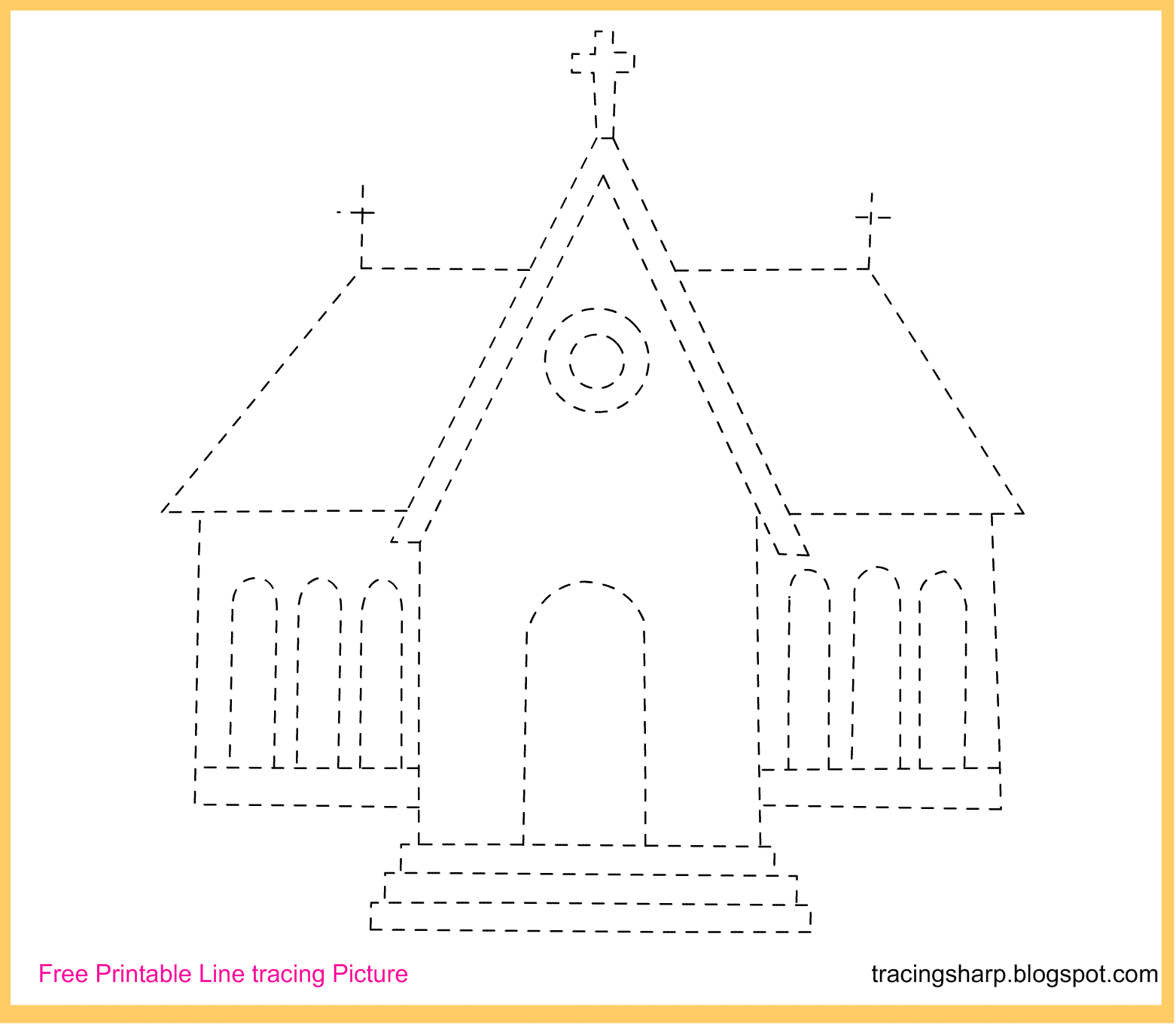Throughout history, the Catholic Church has epitomized a continuity of faith that intertwines with the very roots of Christianity. Understanding its founding necessitates an exploration of its apostolic lineage, which is inextricably linked to the life and teachings of Jesus Christ, the Apostles, and their successors. This narrative elucidates the multifaceted dimensions of the Church’s establishment, illustrating its sacred heritage, theological underpinnings, and vast influence across cultures and epochs.
The genesis of the Catholic Church is fundamentally anchored in the charismatic authority of Jesus Christ. As the Son of God, His mission was not merely to proclaim the Kingdom but to establish a community of believers. The formation of this community began with the calling of the Twelve Apostles, who were entrusted with the responsibility to disseminate His teachings and shepherd the faithful. This pivotal moment is often regarded as the inaugurative act of the Church, where Christ inaugurated His ecclesial body. This embedding of community into the divine design showcases a profound theological significance evident in the Gospel narratives.
Following the resurrection and ascension of Christ, the Apostles embarked on a mission that would transcend geographical boundaries. Their zeal in spreading the Gospel is recorded in the Acts of the Apostles, chronicling the formative stages of Christian ecclesiology. Central to this ecclesiological evolution was the intentional formation of communities, or “ekklesia,” dedicated to worship, fellowship, and the teaching of Christ’s doctrines. The communal experiences depicted in Scriptures underscore the importance of apostolic fellowship in nurturing faith and ensuring continuity in teachings.
Crucially, the Apostolic Succession manifests a direct line of authority from the original Apostles to contemporary bishops. This principle, enshrined in Catholic doctrine, posits that episcopal ordination, bestowed through the imposition of hands, preserves Christ’s institutional authority through designated successors. This sacramental approach delineates the Church’s understanding of authority, where the bishop acts as a steward of divine grace. The epistles of Paul provide a rich commentary on the challenges faced by early Church communities, revealing the necessity of preserved teachings and unified governance under the apostleship.
Theological reflection plays a salient role in the founding narrative of the Catholic Church. Early Church Fathers, such as Ignatius of Antioch and Irenaeus of Lyons, articulated the significance of the Church in safeguarding orthodoxy against heretical movements. Ignatius famously asserted, “Wherever the bishop appears, there let the multitude also be; even as wherever Jesus Christ is, there is the Catholic Church.” Such statements encapsulate the foundational belief in the safeguarding of the faith through a visible and hierarchical Church structure. This early defense against heterodoxy helped solidify the Church’s identity amidst a diverse and often tumultuous religious landscape.
Historically, the Church’s expansion involved significant cultural interplay. With the Edict of Milan in 313 AD, Emperor Constantine’s embrace of Christianity catalyzed the Church’s transition from persecution to prominence. This pivotal moment established Christianity as a legitimate faith, leading to the construction of monumental basilicas and the infusion of Christian symbols into the fabric of Roman society. Consequently, the foundation of the Catholic Church became synonymous with an unprecedented socio-political transformation that redefined collective identity across the empire.
The Christological foundations further deepen the understanding of the Church’s mission. The Nicene Creed, formulated in response to theological disputes, underscores the Church’s commitment to articulating the essence of Christ’s divine and human natures. This adherence to rigorous theological discourse remains a hallmark of Catholic identity, shaping its catechetical endeavors and liturgical practices. The complexities inherent in defining the nature of God and the role of Jesus activated a rich tradition of theological exploration, feeding into the Church’s vibrant intellectual heritage.
Liturgical practices within the Catholic Church also reflect this apostolic lineage. The sacraments, viewed as both signs and agents of grace, are foundational to the Catholic experience. The Eucharist, recognized as the “source and summit” of Christian life, finds its roots in the Last Supper, wherein Jesus instituted the sacramental economy. The sacramental theology encodes a profound understanding of divine presence and communal identity, emphasizing the importance of participation in the liturgical life as a means to foster spiritual growth and unity among believers.
In the modern context, the Catholic Church finds itself navigating a diverse global landscape marked by pluralism and religious dialogue. The Second Vatican Council (1962-1965) epitomized a critical juncture as the Church sought to confront contemporary challenges while remaining steadfast in its apostolic tradition. The call for ecumenism and interfaith dialogue reflects a nuanced understanding of its role within a fragmented world. This evolution illustrates the Church’s adaptability while maintaining fidelity to its apostolic roots.
Ultimately, the founding of the Catholic Church is a tapestry interwoven with historical events, theological assertions, and cultural transformations. Its apostolic roots serve as a solid foundation, enduring the vicissitudes of human history, while providing a framework for understanding the divine. Through the lens of faith, believers can appreciate the legacy of the Church, acknowledging the sanctity of its mission to proclaim the Gospel to all nations. The Catholic Church remains a testament to the enduring power of faith, community, and tradition, underscoring its role as a vital instrument of God’s grace in the world.



